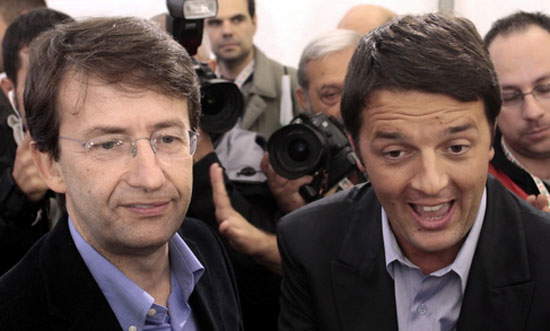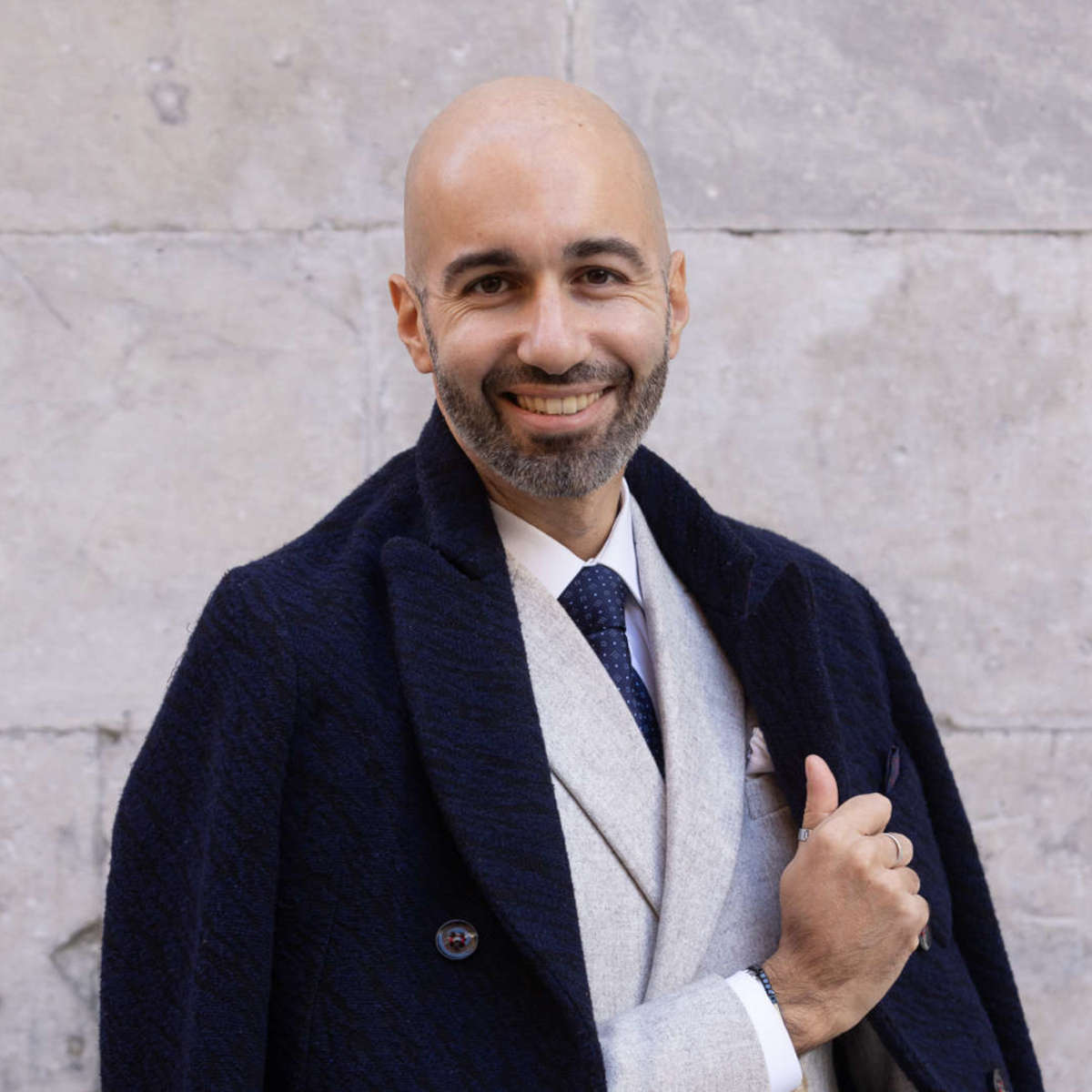With the usual demented practice ofannouncement on social networks and by press release, without, however, releasing the full text of the measure, yesterday the Council of Ministers approved the decree-law, consisting of a single article, which states that “the opening to the public of museums and places of culture is among the public services regulated by Law 146 of 1990 on the exercise of the right to strike in essential public services.” All this, in cases like the one that occurred yesterday at the Colosseum, does not substantially change the situation, because Law 146 regulates the right to strike and not the right to assembly, as also explained in an article that appeared yesterday in L’Espresso.
However, the decree law approved yesterday by the Council of Ministers induces further reflection. In this regard, we could discuss the systematic abuse that the Council of Ministers makes of the instrument of the decree-law, which according toArticle 77 of the Constitution should be adopted “in extraordinary cases of necessity and urgency,” but has in fact been transformed into an instrument to impose, in an almost authoritarian way, the line of the government on various aspects of the lives of Italians: but this is not the place to discuss it. Here we need to reflect on another very specific issue. Namely: it seems that the government moves at supersonic speed exclusively when it has to take measures that attempt to obstruct protests or workers’ rights. I, at least, do not recall an Italian Minister of Culture who announces in the morning that the Government will take measures in the field of culture, and the same evening announces that the Government has taken those same measures hoped for in the morning. A more than suspicious solicitude: an act of force rather than an act of love toward culture.
 |
| Dario Franceschini and Matteo Renzi. Photo by Formiche.net |
Because, as Tomaso Montanari rightly observed yesterday in an article on his blog, “access to culture is indeed an essential public service.” But culture should be considered an essential public service not in order to limit the right to strike of those who work in museums and archaeological sites (although the fuse that triggered the government’s reaction, let us remember, was a union assembly): it should be considered as such because it forms citizens and their civic sense, because it constitutes a founding basis of their identity and historical memory, because it is a guide to build a better future, and is therefore fundamental to the life of a community. The government, once again, got the timing and manner of its action completely wrong: but perhaps Renzi, Franceschini and their colleagues care little, given their very little inclination to dialogue with the grassroots.
In any case, when the decree is converted into law, culture will officially become an essential public service. It will therefore be not lawful but proper to expect culture workers to be treated as people who provide an essential service to the community. We expect that they will be paid decently and on time, and that we will no longer have to hear that someone is protesting because they have been waiting a year for overtime pay. Because, let us remember, rather than issuing decrees by law, the quickest solution to the problems of the workers of the Special Superintendence for the Colosseum would have been to pay their arrears and renew their contracts. We expect that Italian museums, libraries and state archives will not have to close halls or work reduced hours due to lack of staff, as happens so often (it happened to us too to find museums open half-open due to lack of staff). We expect that the state will know how to invest adequately in culture, will know how to substantially reverse the trend of continuous cuts that have been going on for years, will know how to make sure that culture, in order to go on, does not have to rely on the obolus of tycoons in the mood to rent bridges or museums for their soirees. We expect the Ministry to promote a serious recruitment plan of capable young people and ensure a turnover adequate to the needs of the cultural system of a civilized country.
Because if all these expectations are disregarded, the move by Renzi and Franceschini will manifestly turn into what it now appears to be: not a sign of a change of course, but a hypocritical act, which would seem to hide the desire to silence workers and propagandize against their rights behind the solicitude for the Kansas City vigilante who disembarked on a cruise to Civitavecchia, who is given six hours to visit the capital of Italy, and who suddenly finds his plans thrown off because the opening of the Colosseum delays him by three hours. And, of course, behind the absurd accusation of image damage to Italy. When all over the world people gather and strike often much more than in Italy. But then again, what are we talking about? The image of Italy is not ruined by the mafia, the rampant corruption, the decay, the ridiculous political class we have. And the image of our cultural heritage is not ruined by lack of investment, by staff reduced to the bone, by a minister who mortifies his employees to pander to the dictates of his prime minister. No: Italy’s image is ruined by three hours of union assembly at archaeological sites in Rome. We take note.

The author of this article: Federico Giannini
Nato a Massa nel 1986, si è laureato nel 2010 in Informatica Umanistica all’Università di Pisa. Nel 2009 ha iniziato a lavorare nel settore della comunicazione su web, con particolare riferimento alla comunicazione per i beni culturali. Nel 2017 ha fondato con Ilaria Baratta la rivista Finestre sull’Arte. Dalla fondazione è direttore responsabile della rivista. Nel 2025 ha scritto il libro Vero, Falso, Fake. Credenze, errori e falsità nel mondo dell'arte (Giunti editore). Collabora e ha collaborato con diverse riviste, tra cui Art e Dossier e Left, e per la televisione è stato autore del documentario Le mani dell’arte (Rai 5) ed è stato tra i presentatori del programma Dorian – L’arte non invecchia (Rai 5). Al suo attivo anche docenze in materia di giornalismo culturale all'Università di Genova e all'Ordine dei Giornalisti, inoltre partecipa regolarmente come relatore e moderatore su temi di arte e cultura a numerosi convegni (tra gli altri: Lu.Bec. Lucca Beni Culturali, Ro.Me Exhibition, Con-Vivere Festival, TTG Travel Experience).
Warning: the translation into English of the original Italian article was created using automatic tools. We undertake to review all articles, but we do not guarantee the total absence of inaccuracies in the translation due to the program. You can find the original by clicking on the ITA button. If you find any mistake,please contact us.